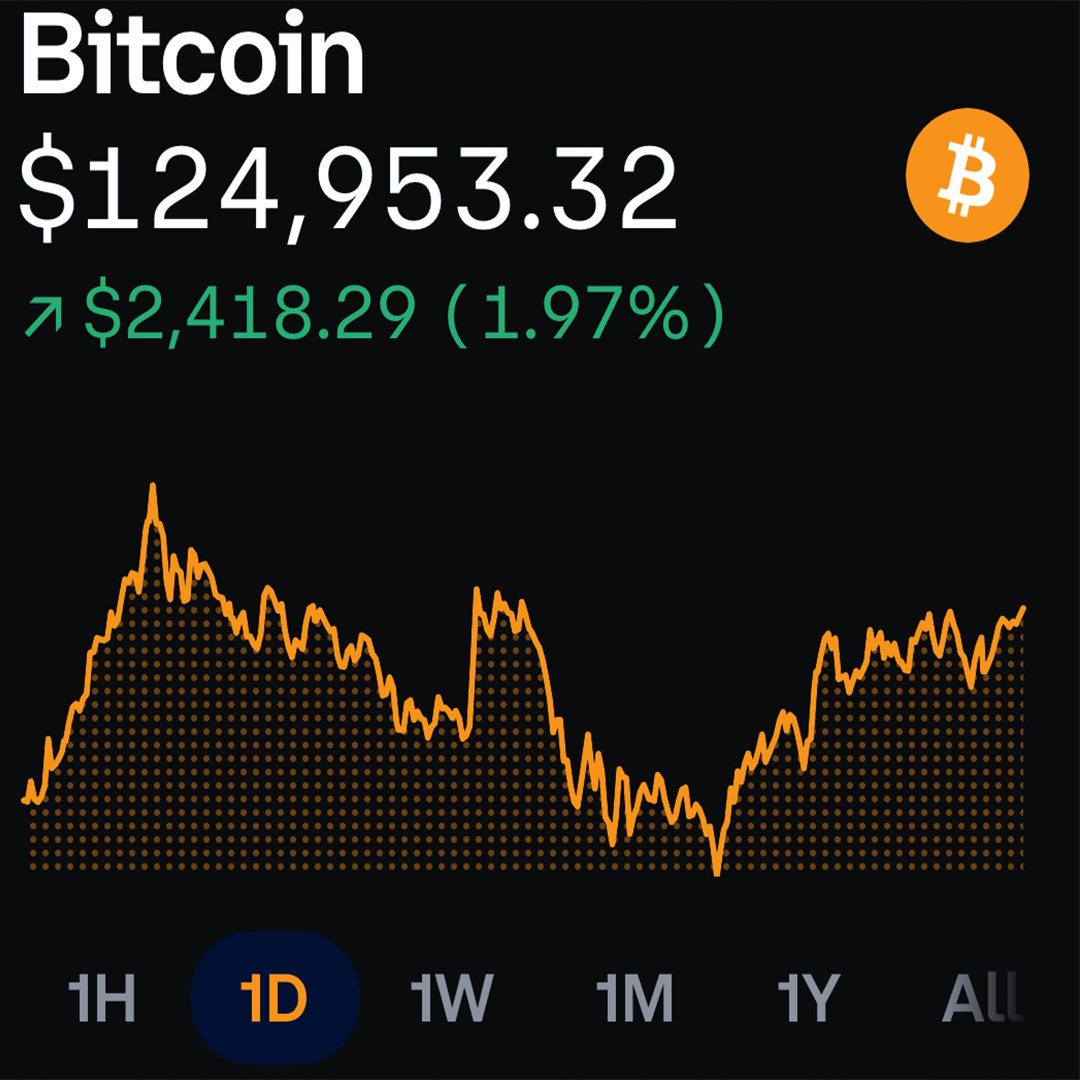
As I watched Bitcoin reach a new all-time high—surpassing $125,000 on Coinbase—I couldn’t help but think about its origins.
For years, I’ve been investing in Bitcoin, not only because I believe in the asset, but because I believe in what it represents:
- freedom through decentralization,
- accountability through transparency, and
- trust built on proof rather than promises.
Beyond the financial value, Bitcoin has taught me profound lessons about strategy, persistence, and advocacy. In many ways, the story of Satoshi Nakamoto, the mysterious founder of Bitcoin, mirrors the path we walk in our mission for criminal justice reform. Both are grounded in the same principle: meaningful change doesn’t happen by accident—it happens through intentional design.
Challenging the System
When Satoshi Nakamoto introduced Bitcoin in 2008, the world was still reeling from a financial collapse caused by the very institutions people trusted most. Governments were printing money to bail out large corporations while ordinary citizens bore the burden of inflation and instability.
Satoshi recognized the flaw in that system. Fiat currency depends on faith—faith that governments will act responsibly and preserve the value of money. But history shows that power and privilege often distort that trust.
Satoshi proposed a radical alternative: a peer-to-peer digital currency secured not by decree, but by math; not by authority, but by proof of work.
It was a revolutionary concept. But revolutions don’t start by shouting into the wind—they start with quiet, methodical action.
Building Slowly, With Intention
Rather than trying to convince the masses or appeal to Wall Street, Satoshi began by sharing his white paper with those who could understand its technical and philosophical significance: cryptographers, mathematicians, and computer scientists.
- He didn’t seek attention; he sought understanding.
- He didn’t lobby for approval; he built a system that could prove itself.
From the launch of the Bitcoin blockchain in January 2009, adoption grew slowly—organically—through a network of thinkers and builders who shared a belief in decentralized trust. The first commercial Bitcoin transaction didn’t even occur until more than a year later.
But Satoshi knew that patience is the price of authenticity. He understood that if the foundation was strong, adoption would follow.
That principle has guided my own path ever since.
Applying the Lesson to Reform
Like Satoshi, I’m working to build a system that challenges an entrenched power structure. In my case, that system is the criminal justice system, and my goal is to prove that transformation is real—that people can earn freedom through merit, not manipulation.
To bring reform, we must be just as intentional, just as patient, and just as methodical as Satoshi was.
He didn’t try to persuade those who couldn’t yet see the value. He focused on those who could understand and help build the foundation.
That’s the approach I’ve taken with Prison Professors Charitable Corporation.
We’re creating tools, data systems, and educational platforms that make progress visible—profiles, journals, book reports, and release plans that document growth in measurable ways.
Every profile built on our platform is like a block in a decentralized chain of proof—evidence that people inside are preparing for success, one verified act at a time.
When enough blocks are linked together, a network forms—a record of truth that can’t be ignored.
Freedom Through Proof
Satoshi’s genius wasn’t just in creating Bitcoin. It was in building a trustless system where transparency replaces faith and proof replaces persuasion.
That’s the same spirit behind our work in prison reform. We don’t ask the public or policymakers to “believe” in rehabilitation. We prove it through data, documentation, and consistent action.
If people in prison demonstrate growth and accountability, their work becomes their proof of merit—a record that earns credibility with judges, parole boards, and society.
That’s how we build trust. That’s how we build freedom.
And like the blockchain, once that proof exists, it becomes impossible to erase.
Becoming the Change
Satoshi Nakamoto changed the world without asking permission.
He did it through patience, precision, and a relentless belief in the power of ideas backed by evidence.
Those same lessons guide me today.
I’m grateful to be among the early adopters of Bitcoin—and even more grateful for what it taught me about advocacy, innovation, and endurance.
To change any system—whether financial or criminal justice—we must do more than talk about freedom.We must build it, block by block, action by action, proof by proof.

